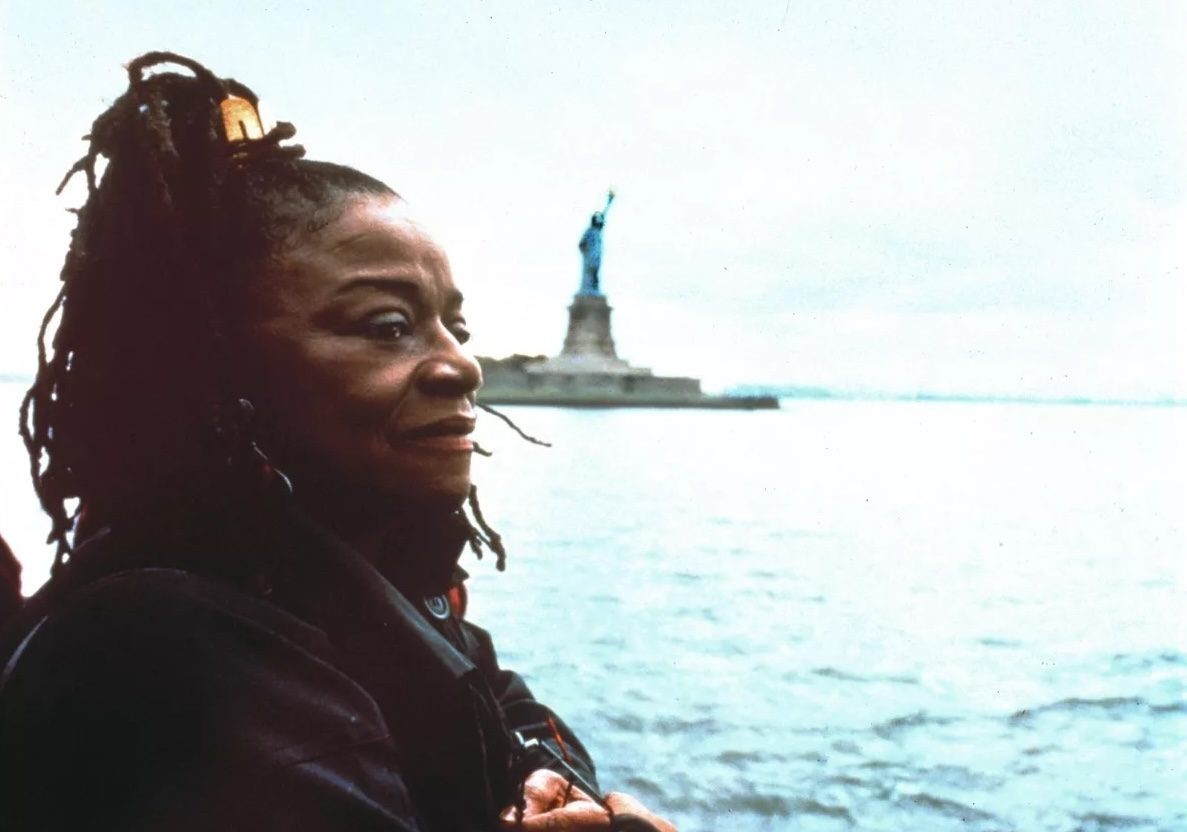The Art Behind the Protest
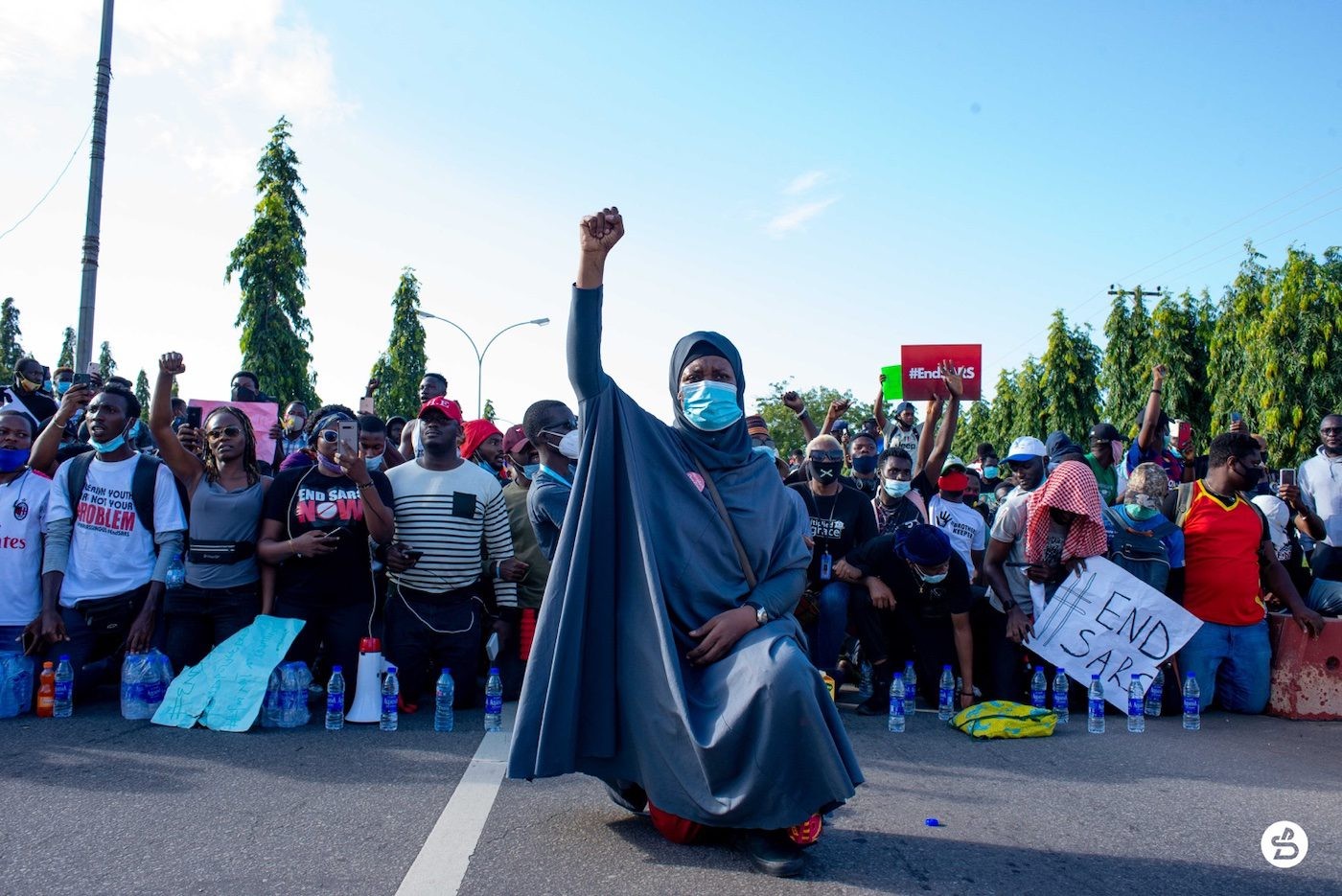
As the #EndSARS protests about police brutality in Nigeria gained momentum, from the social media to the streets, they also stimulated multidirectional artistic energies.
</a> Bob-nosa Uwagboe, Human Abattoir, 2020. Mixed meda, 47x60inc. Courtesy the artist.</figure>
Like every social movement, #EndSARS soon generated images that went beyond regular placards, which helped popularize and spread its messages. One iconic image is a photo portrait by Abuja-based photographer Victor Odiba. The subject is Aisha Yesufu addressing an #EndSARS protest in Abuja. Yesufu is a human rights activist known for her prominent role in the “free Chibok girls” campaign that pressured the government on the release of the schoolgirls kidnapped by Boko Haram in April 2014. Odiba’s portrait shows Yesufu in a hijab, adopting a defiant posture with a clenched fist in the air as she fearlessly speaks up. This confidence-inspiring portrait captured the spirit of the protest and went viral. Born in Kano , in the predominantly Muslim Northern Nigeria, the image of Yesufu shows the protest to have been one with crosscutting sensibilities. For once in recent times, a protest did not heed the fault lines so often exploited by the manipulative political elites to divide and control citizens for selfish interests. The portrait also points at the prominent role played by women in Nigeria historically and specifically in the #EndSARS protest. Dubbed “the statue of liberty,” it became a beacon of hope for women and men alike seeking to make their voices heard. For this reason, it was recreated again and again for use as the ultimate icon of the #EndSARS movement across social media channels.
Overall Nigerian visual artists were not silent during the protest. Victor Ekpuk lives and practices art in the US. He, alongside, other artists like Olu Oguibe, and Obiora Udechukwu, had already engaged with people’s social conditions to help ease the military out of power before the return of democracy in 1999. Now Ekpuk reshared a drawing depicting a youth protest against Nigerian military dictatorship from the early 1990s on his Facebook page with the text: “Back then we thought democracy was the answer to our blighted future. In 2020, the culture of impunity and corruption does not need to wear the military uniform.” In the second week of the protests, Bob-nosa Uwagboe, a leading protest artist in Nigeria, called on fellow artists to “wake up and take a stance because progressive artists should take sides with the people, and make our art relevant to the times.” Uwagboe has consistently created a large body of work on the theme of police brutality and untouchable bad leaders for over fifteen years; the #EndSARS protest only provided him with a fresh cycle of inspiration to create more paintings. It was also an opportunity for him to share on social media images of his past works that speak to the theme. According to Uwagboe, “individual collectors and galleries, who didn’t have an interest in my kind of work, have been making contact to get a piece or more of the EndSARS moments.” But, he added, “the truth is that the impunity of leaders and police brutality has been with us for a long time, and this, I always try to engage in my work.”
</a> Olanrewaju Tejuoso, October 20, 2020. Courtesy the artist.</figure>
The government agreed to disband SARS, but there was little trust between protesters and politicians. Also, for the protesting young people, the demand seemed to be for a paradigm shift rather than just about promises to curb police brutality. On October 20, at Lekki Toll Gate in Lagos, the peace and creativity that undergirded #EndSARS were shattered by a hail of bullets when soldiers fired at peaceful protesters holding high the Nigerian flag and singing the national anthem. Those who coordinated the protests were chased down, at least twelve people were killed, and a group of so-called “hoodlums” believed to be hirelings took over, looting and destroying the landscape. As the fallout continues, the beauty of the creativity behind the protests as well as the promise of change remain the subjects of deep discussions in Nigerian social, creative, and literary circles.
Agwu Enekwachi is a PhD student in Art History at the University of Nigeria, Nsukka. He is an artist, teacher, and culture writer living in Abuja.
Fonction
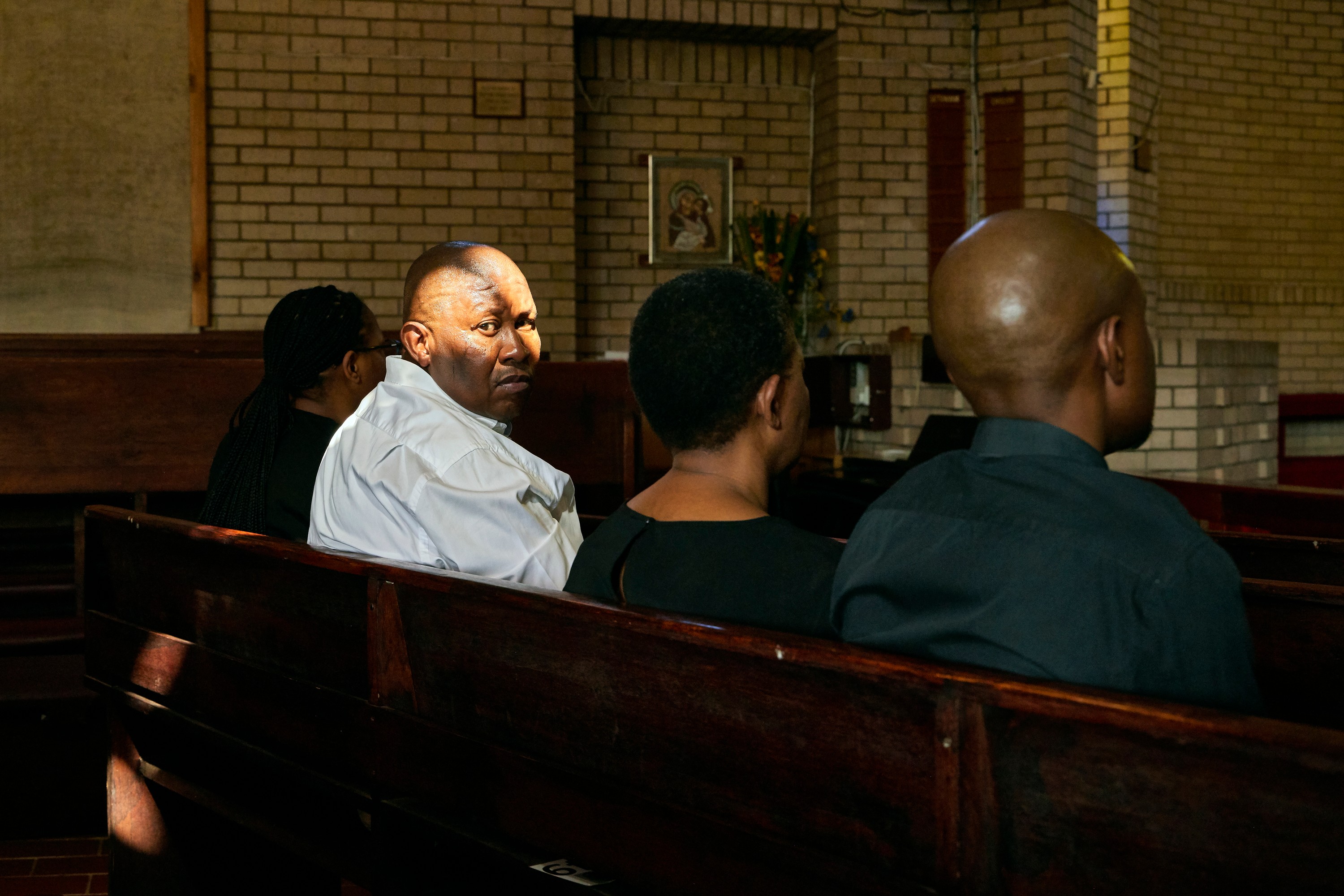
We're Still Here: Thero Makepe’s Visual Jazz
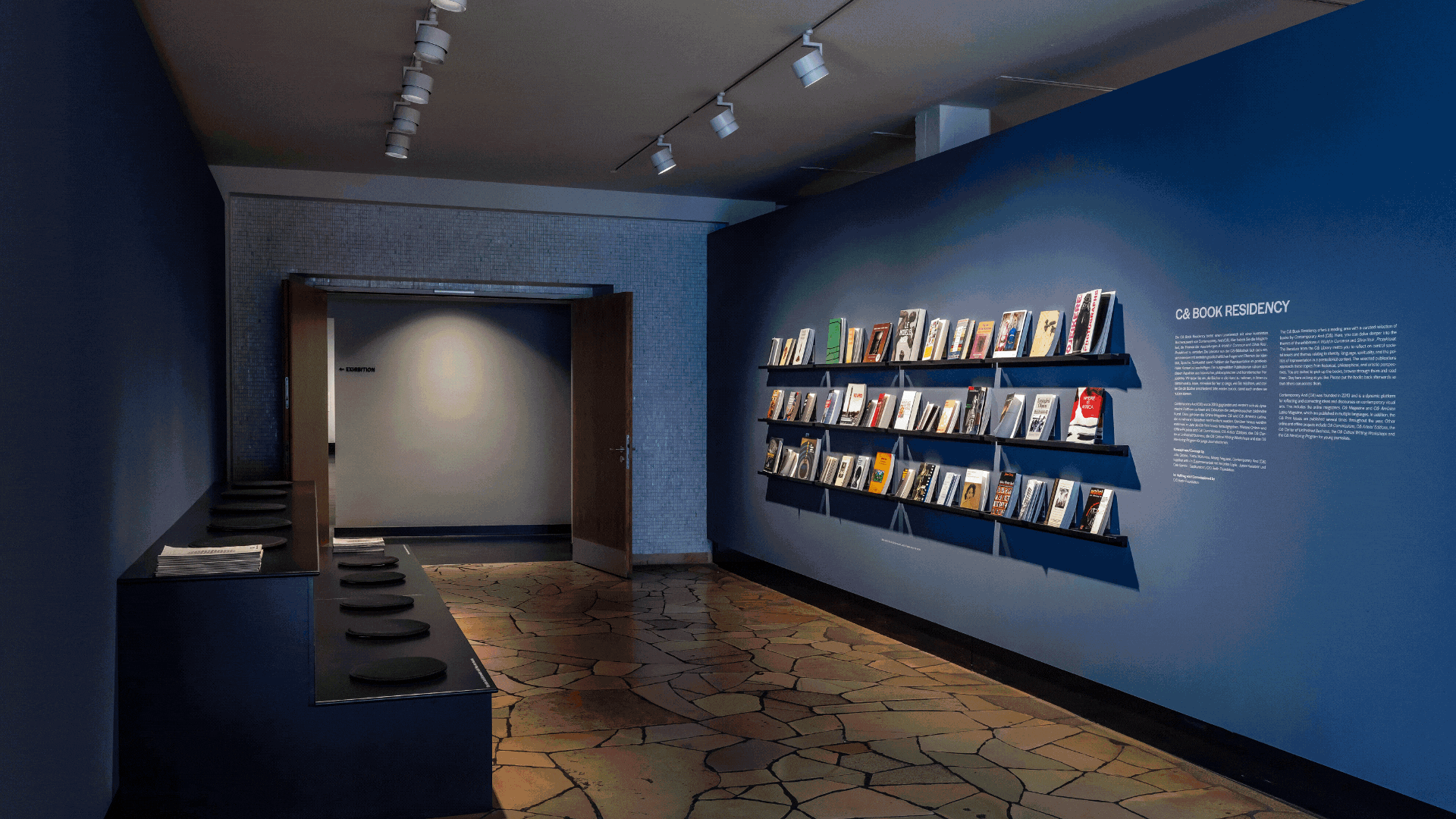
C& Highlights of 2025
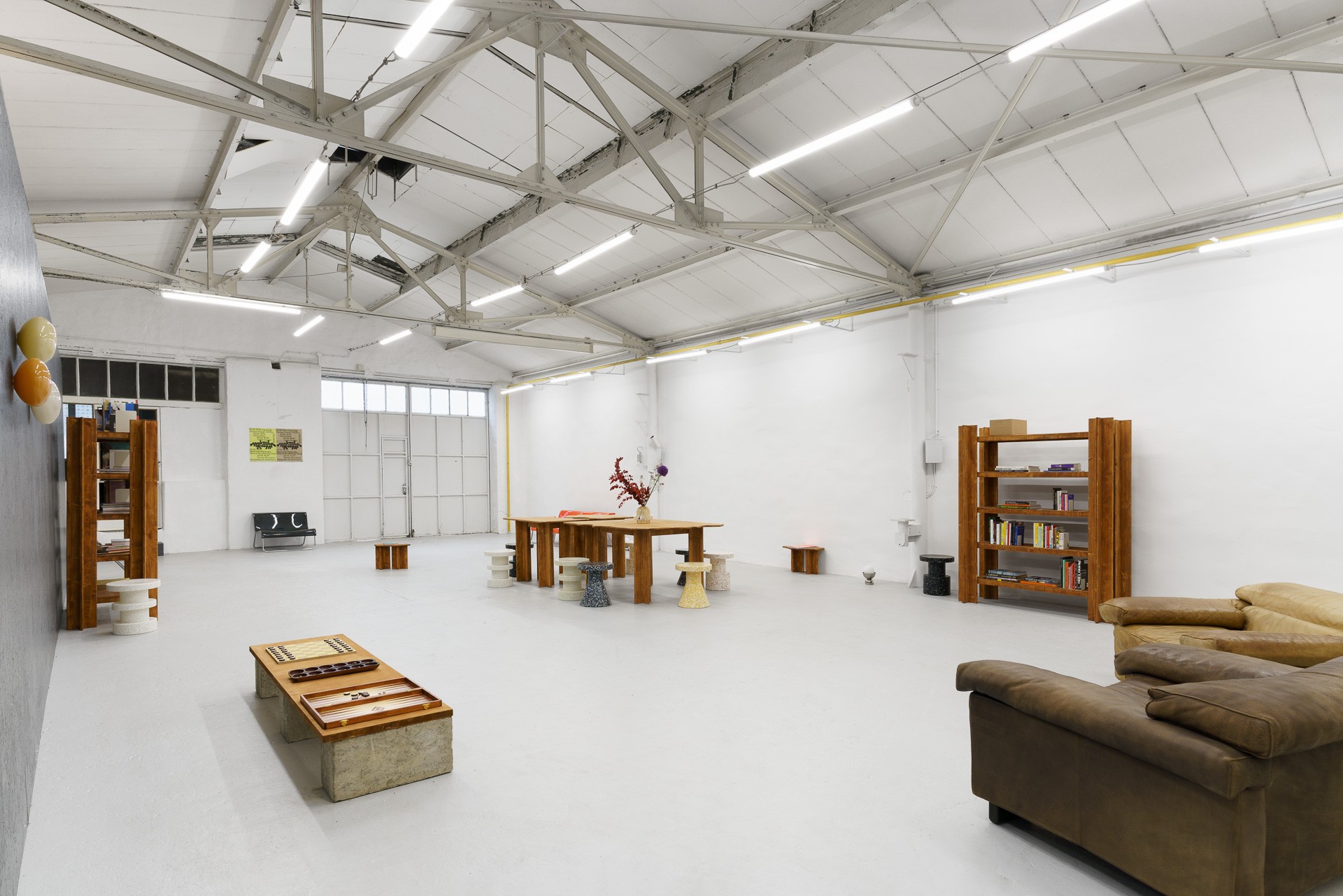
Maktaba Room : annotations sur l’art, le design et les savoirs diasporiques
Social practice
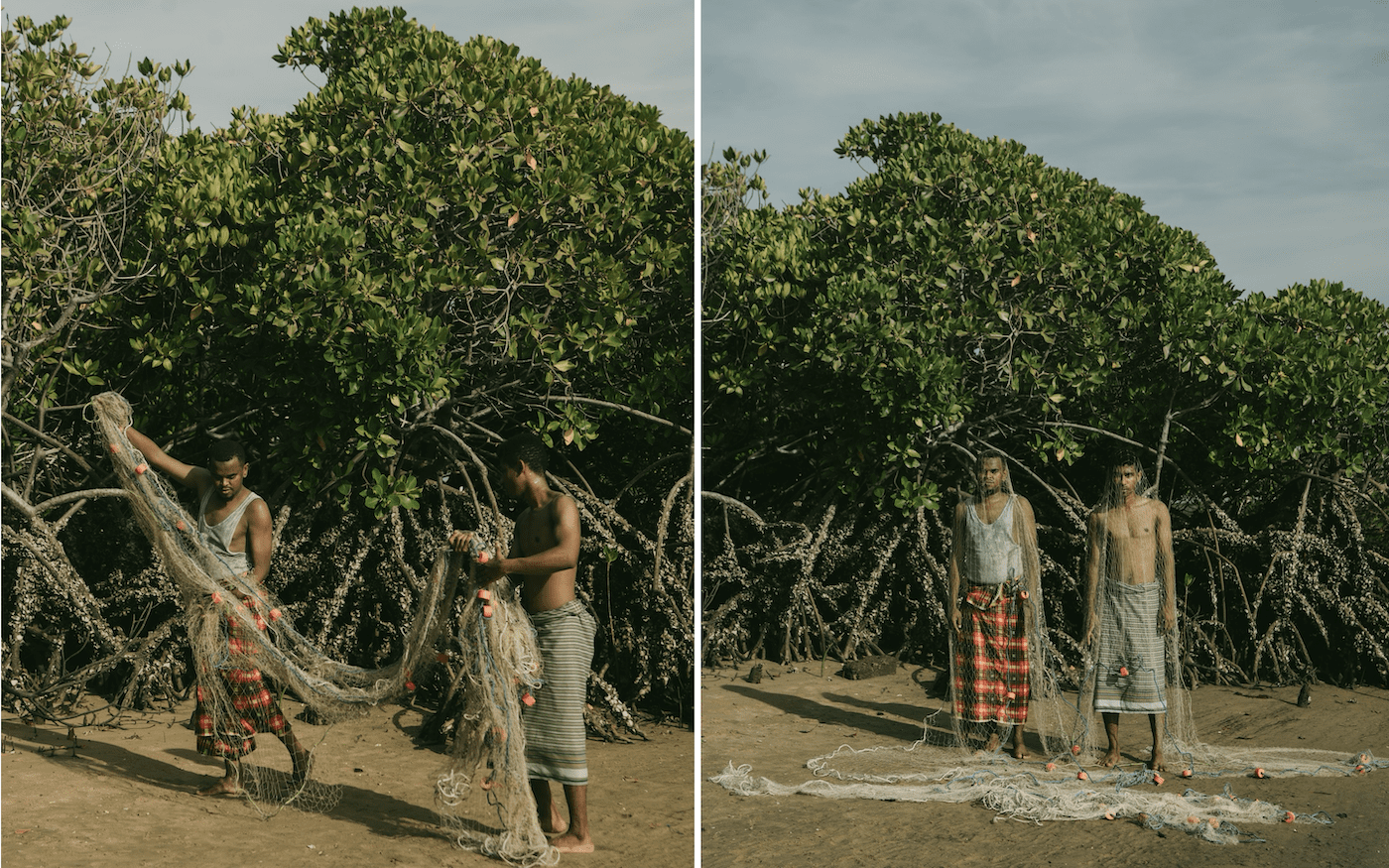
Mangrove Ecologies: Grounded Forms of Questioning in the Art/World
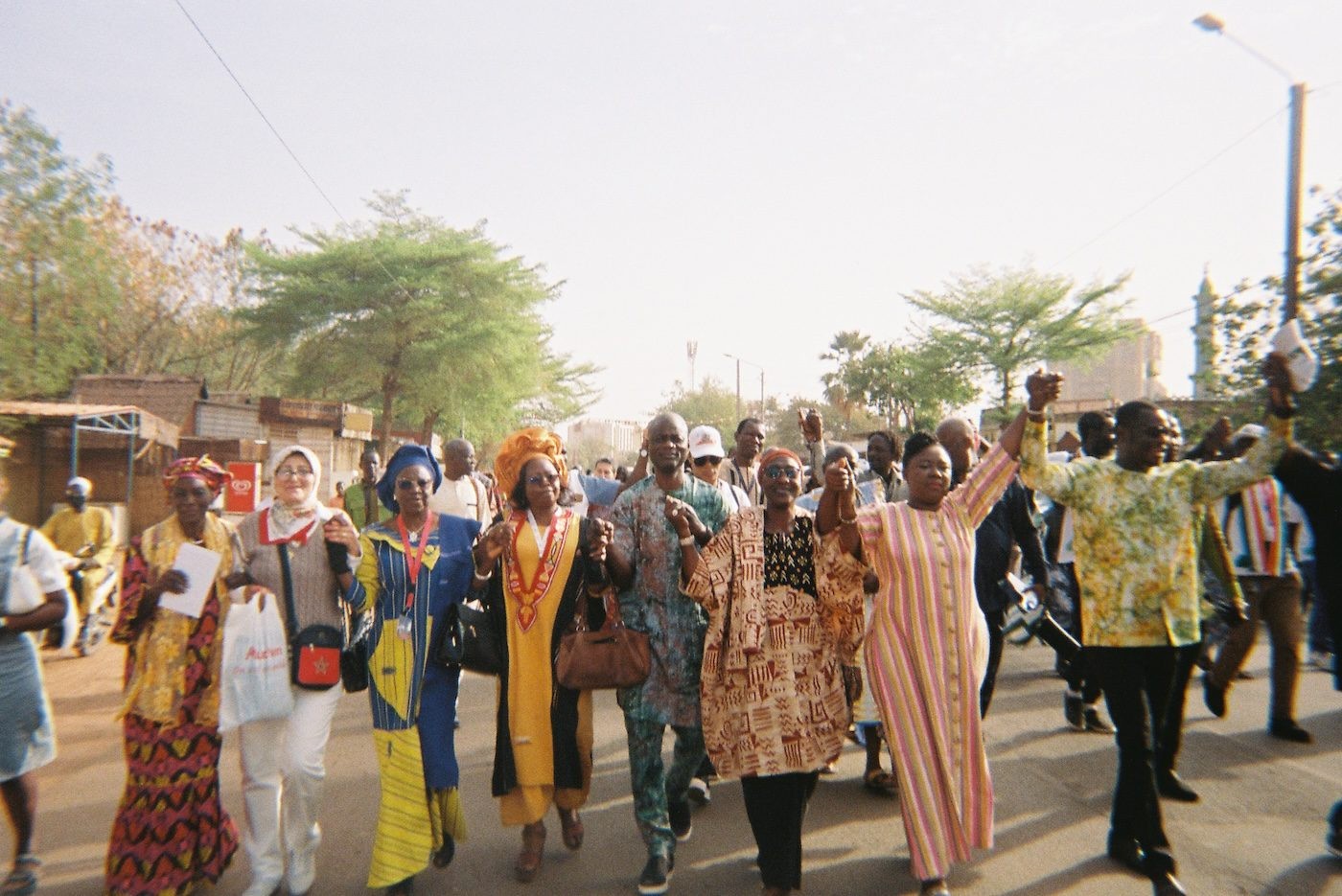
Le FESPACO 2025 a fait place à cérémonie du cinéma africain
